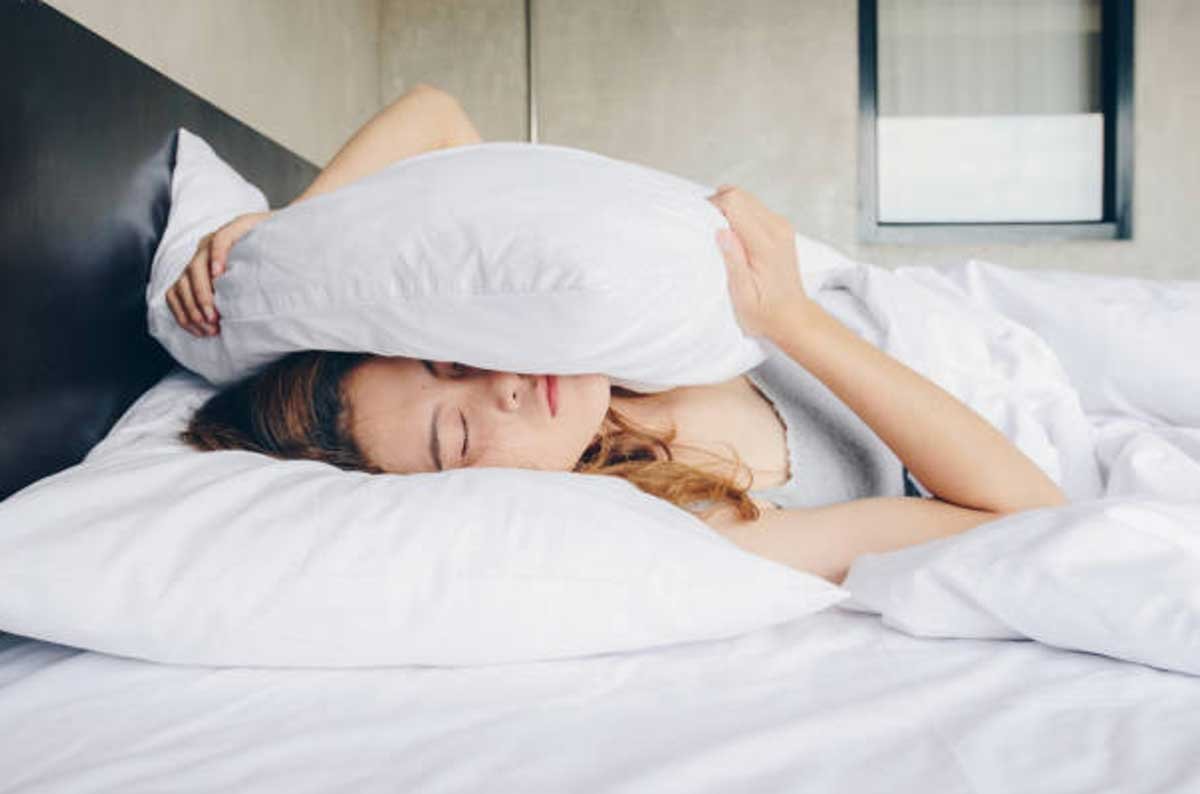According to many surveys, most adults don’t get sufficient sleep as their bodies require them to stay healthy.
About 30% of the overall population complain of sleep disruption and irregularities that result in insomnia.
Insomnia can severely affect your energy levels and mood. It can also put a barrier to your productivity and the overall quality of your life.
Common insomnia symptoms might include:
- Difficulty in falling asleep
- Daytime tiredness
- Lack of focus
- Anxiety and Depression
- Irritability
Further research has also shown that insomnia might also result in obesity, diabetes, and heart conditions. However, these issues are pretty common among women compared to men.
Therefore, in this blog post, we’ll look at some of the best and effective tips to get rid of insomnia and have a better and quality sleep.
Tips to Help You to Have Quality Sleep and Get Rid of Insomnia

1. Set a Sleep Routine and Make Sure to Follow it
Whether it be your weekends or regular working days try to go to sleep at the same hour every day.
This helps the body to establish a habit that makes it pretty easy to fall asleep at night and get up in the morning feeling refreshed and energetic.
By maintaining a daily sleep schedule, you can keep your body active and stay more healthy. Even try to avoid long hours of sleep during the weekends as this can distort your overall sleep routine.
2. Avoid Alcohol at least Three Hours Before Going to Bed
Consuming alcohol may induce drowsiness that might help you to fall asleep faster. However, it prevents REM (Rapid Eye Movement) sleep, which is thought to be the most restorative kind of sleep to keep you active and refreshed.
There are chances that whenever you consume alcohol before going to bed you might wake up in the morning feeling distracted and drowsy due to a lack of REM sleep.
Moreover, alcohol acts as a diuretic, resulting in frequent urination and causing you to wake up sooner in the morning.
3. Avoid Caffeine Intake After 2 pm
A mid-afternoon boost may be necessary during the workday, experts warn that drinking extra cups of coffee or any other energy supplement to get through the post-lunch sleepiness may hinder your sleep later at night.
Caffeine can also be pretty addictive as you may find yourself relying on more coffee to get through the day. This can lead you to have hard times falling to sleep.
So, to make your afternoon more healthy try consuming more whole grains, proteins, and drink enough water. You can also go for a walk to feel more active and relaxed.
4. Finish Exercising at Least Three Hours Before Going to Bed
Daily physical activity can help you to reduce the stress hormones that keep you awake at night. Moreover, daily exercise contributes to better and more restorative sleep.
It is also critical to finish your workout sessions at least three hours before going to bed. This allows your body to relax, resulting in a decrease in body temperature, heart rate, and adrenaline levels.
Therefore, try to make a proper schedule for your workout sessions and ensure that you wrap it up at least three or four hours before heading to bed.
5. Check the Medications
Your prescribed medicines might also be responsible for your sleep deprivations. Research has shown that many prescribed medications can lead to serious causes of insomnia.
For instance, certain drugs, such as those used to treat asthma and high blood pressure might result in sleep distortions.
Other medications, like pain relievers mostly contain caffeine or other types of stimulants, making it difficult to have quality sleep.
If you feel these medications are responsible for your sleepless nights, then do consult with a health care expert for a better treatment alternative.
6. Take Light Therapy Sessions
The initial use of bright light therapy was to treat patients who suffered from SAD (Seasonal Affective Disorder) or depression. However, as these technologies got advanced, researchers got to further uses of this therapy.
They discovered that light therapy can also be used to develop muscle mass, skin care, and red light therapy is also widely used to treat insomnia.
When you consistently use red light therapy, it helps to reset the circadian rhythm (body’s inner clock) which helps you maintain a proper sleep routine and even contributes to better and quality sleep.
However, to see results, you need to be regular and consistent with these sessions and consult with your doctor before proceeding with these sessions.
7. Maintain a Relaxing Bedtime Routine
To maintain a relaxing routine each night might help your body to calm and prepare for sleep. You can take a shower, listen to soft and relaxing music, or meditate for some time to help you relax before bed.
Developing the habit of reading for 30 minutes every night can also have major health benefits.
In a study it has been discovered that reading for half-an-hour every night can lower heart rate and blood pressure. It even contributes to reducing stress and anxiety.
Researchers also observed that reading a book for as little as six minutes before bed can lower stress by an amazing 68 percent.
Bottom Line
Insomnia can hinder your ability to think clearly and stay productive. It can also affect your mood and can result in depression.
In all these cases, the above mentioned tips can help you to get rid of your sleep issues and can contribute to leading a healthier and happier lifestyle.
However, you can also take bright light therapy sessions as an alternative remedy to cure insomnia, but consult with an expert before proceeding with the sessions.
















Comments